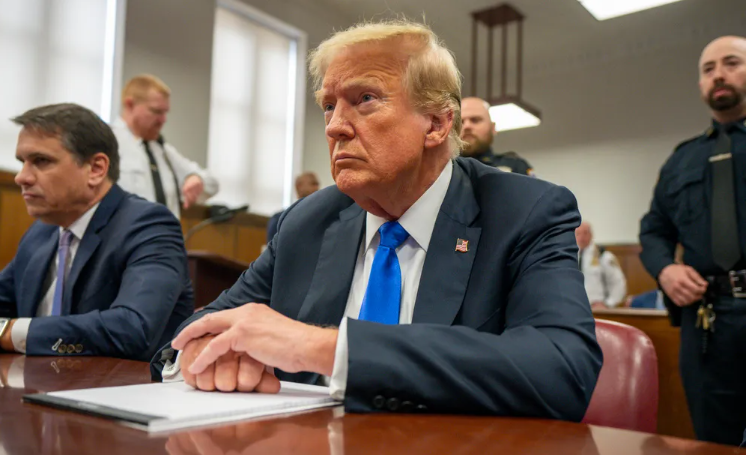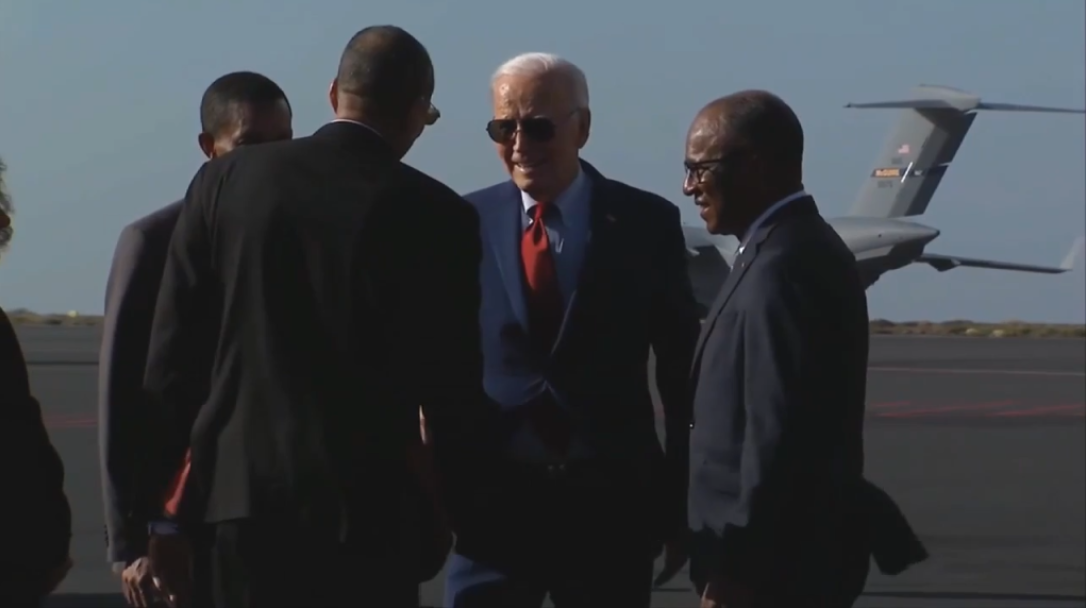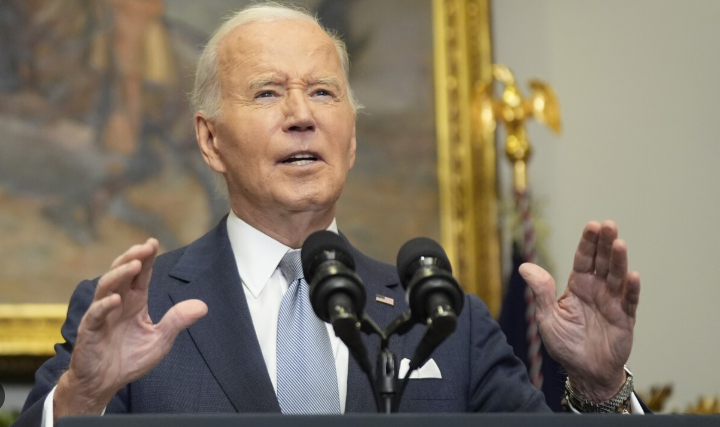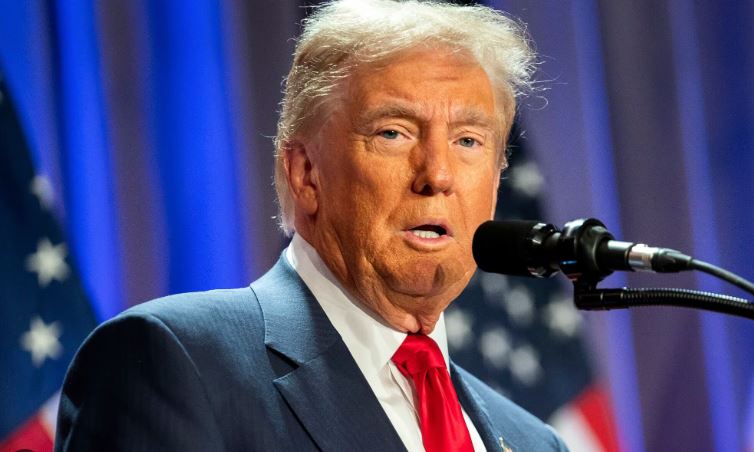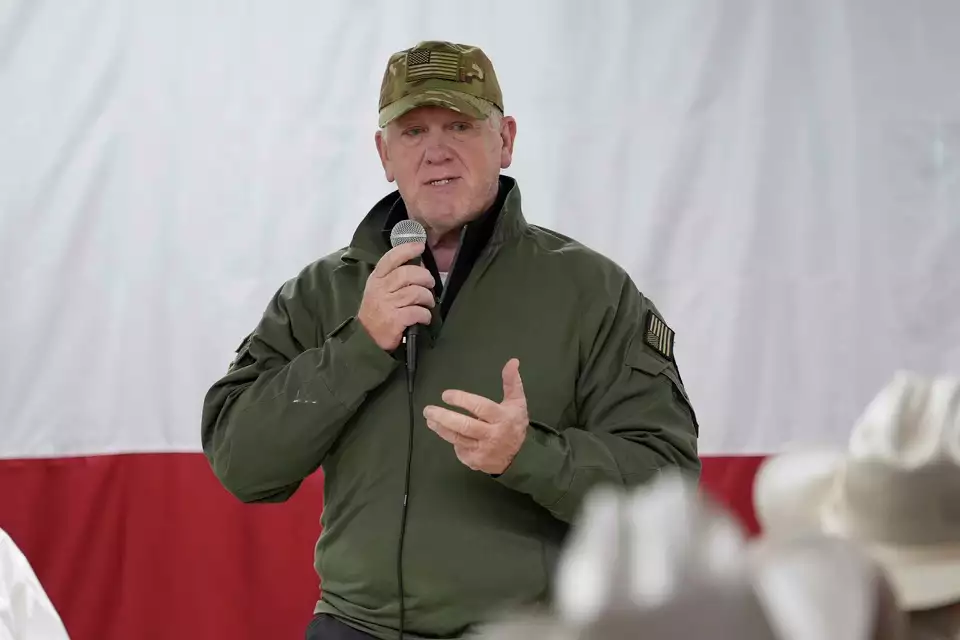Washington, D.C. — In a heated statement, D.C. Mayor Muriel Bowser has accused Maryland lawmakers of obstructing progress on a crucial redevelopment deal for the iconic RFK Stadium site. The Mayor’s comments come amid escalating tensions over the future of the stadium, a site with deep historical and cultural significance for the nation’s capital.
The controversy centers around the federal government’s pending decision to transfer control of the 190-acre RFK Stadium property to Washington, D.C. According to Mayor Bowser, Maryland officials are lobbying to stall the deal in favor of economic interests in their state—a move she described as “short-sighted and harmful to regional collaboration.”
A Historic Battleground
The RFK Stadium site, which hosted the Washington Redskins (now Commanders) for decades, has remained dormant since 2019, when the D.C. United soccer team relocated to Audi Field. The land’s potential redevelopment has sparked intense debate, with proposals ranging from affordable housing projects to a new state-of-the-art sports and entertainment complex.
For Washington, the redevelopment is seen as a golden opportunity to rejuvenate the area, create jobs, and potentially bring the Commanders back to the city. However, Maryland’s apparent interference has thrown a wrench into those plans.
Maryland’s Stake
Maryland’s interests lie in retaining the Washington Commanders at FedEx Field, located in Prince George’s County. State lawmakers have floated proposals to invest heavily in the surrounding area to ensure the team remains rooted there. The RFK Stadium redevelopment, if approved, could significantly threaten those efforts, prompting Maryland’s resistance.
What’s at Stake for D.C.?
Mayor Bowser has framed the RFK redevelopment as a pivotal moment for Washington, citing the potential economic boom it could bring to the city. “This isn’t just about sports; it’s about revitalizing an underutilized area and giving it back to the people of D.C.,” Bowser said during a recent press conference.
The mayor also hinted that Maryland’s actions could set a troubling precedent for regional collaboration. “We’ve always worked together to support each other’s growth. This type of interference undermines that spirit,” she added.
Next Steps
As federal officials deliberate on the land transfer, the political battle is far from over. Analysts predict that the decision could have ripple effects across the D.C. metro area, influencing everything from sports team negotiations to local economies.
Meanwhile, residents of the District are watching closely, many expressing frustration over the delays. “We’ve waited long enough to see RFK revitalized. It’s time for action,” said James Carter, a longtime D.C. resident.
The Bigger Picture
The RFK Stadium site is more than just a plot of land; it’s a symbol of D.C.’s rich history and its aspirations for the future. Whether the Commanders return to the District or another vision is realized, the decision will undoubtedly shape the city for decades to come.
Stay tuned as this story develops. The battle over RFK Stadium’s future is shaping up to be one of the most significant local political dramas in recent memory.


